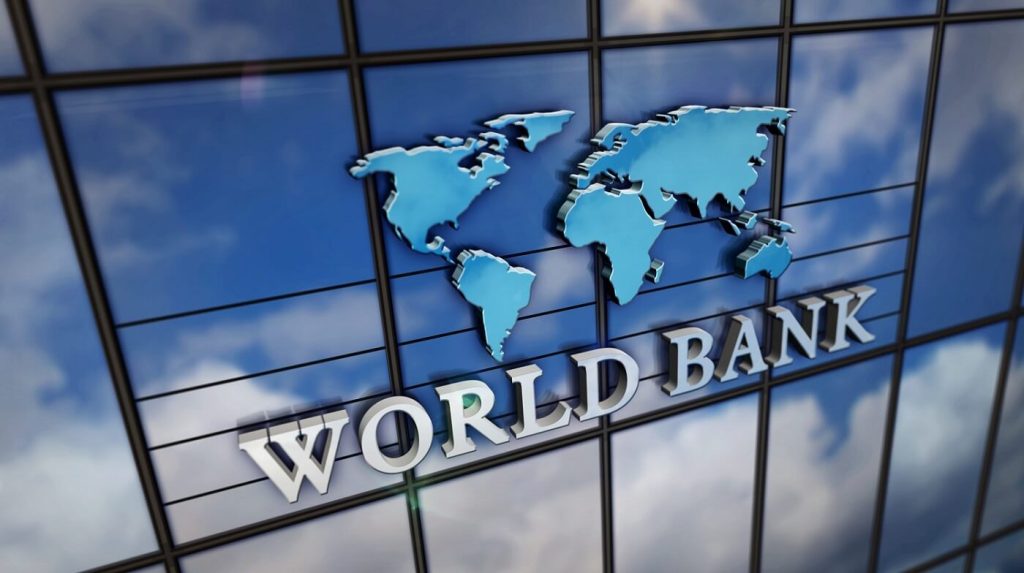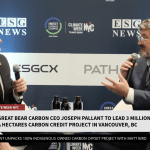US Declines to Back World Bank Climate Statement Signed by 19 Directors

• 19 of 25 World Bank executive directors back continued climate financing despite US opposition.
• Directors representing 120 nations call for alignment with the Paris Agreement and a 45% climate finance target.
• The rift highlights growing geopolitical division over the role of multilateral banks in global decarbonization.
Divided Boardroom as US Declines to Endorse Climate Statement
Nineteen of the World Bank’s 25 executive directors have issued a joint statement reaffirming their commitment to the bank’s climate action priorities, despite opposition from the United States, its largest shareholder. The statement—signed by directors representing 120 countries—reiterates support for the World Bank’s goal of directing 45% of its annual financing toward climate-related projects and for maintaining alignment with the Paris Agreement.
The US, along with Russia, Kuwait, and Saudi Arabia, declined to sign the document. Japan and India abstained, reportedly due to ongoing trade negotiations with Washington. The statement, reviewed by Reuters, follows a board meeting with World Bank management and arrives just days before the annual meetings of the World Bank and International Monetary Fund (IMF) in Washington.
The move exposes a widening divide between the majority of member nations pressing for an expanded climate mandate and a smaller group, led by the US, that argues the institution should refocus on traditional development objectives such as poverty reduction and infrastructure financing.
Tensions Over Climate Priorities
At the April IMF–World Bank Spring Meetings, US Treasury Secretary Scott Bessent called on both institutions to “refocus on core mandates,” suggesting that climate policy had drawn too much institutional bandwidth. That stance has since hardened under President Donald Trump, who withdrew the US from the Paris climate accord shortly after taking office and recently described climate change as a “con job.”
The World Bank’s leadership, once vocal on climate issues, has largely muted public discussion since Trump’s return to office. Next week’s joint meetings, traditionally used to showcase progress on sustainability and debt reform, are not expected to feature climate prominently on the formal agenda.
For the 19 signatories, however, climate remains integral to the bank’s development mission. “We reaffirm our support for the World Bank Group’s leadership role across the international financial institutions on climate and nature action,” the directors wrote, urging the bank to continue promoting “low-carbon, climate-resilient, and nature-positive pathways.”
European and Emerging Market Pressure
The joint statement aligns closely with the European Union’s call this week to accelerate reform across global development banks, enabling them to deploy more capital for climate adaptation and energy transition in emerging markets. The EU and several developing nations view the World Bank’s climate financing as central to unlocking concessional and blended capital at scale, particularly for nations facing rising debt costs linked to climate vulnerability.
Directors emphasized that developing economies are demanding stronger institutional support to design long-term climate and development plans, advance carbon market frameworks, and expand adaptation financing. They also urged the bank to assist workers and communities transitioning away from coal—calling the process “complex but essential for the energy transition.”
RELATED ARTICLE: US Climate Disclosure Advances Amid ESG Pushback
Areas cited as gaps in the current Climate Change Action Plan include pollution reduction, nature mainstreaming, and scaling resilience projects beyond pilot phases. These priorities, the directors noted, should be addressed through updated programming and closer coordination with national governments.
Governance, Finance, and the Global Climate Divide
The US dissent comes at a pivotal time for the World Bank, which is under pressure from shareholders to increase its balance-sheet leverage and channel more financing toward global public goods. The decision by Washington to abstain from the climate statement underscores the geopolitical fault lines shaping the future of multilateral lending: while European and developing-country directors seek greater climate ambition, the US and a handful of allies argue that climate should not dilute the bank’s poverty-reduction mandate.
Observers say the debate will influence how the World Bank allocates its next round of capital increases and how it implements its “evolution roadmap” to address transboundary risks such as climate change and pandemics.
As the annual meetings begin, the absence of US endorsement may complicate consensus-building around new climate lending frameworks, but it also reinforces the determination of most member states to keep the World Bank’s climate agenda alive.
In the words of one director who signed the statement, “Client countries are not asking for less climate action—they are asking for more tools, more financing, and more certainty.”
For investors, policymakers, and climate-focused institutions, the coming week will test whether the World Bank can sustain its climate commitments amid renewed political resistance from its most powerful shareholder—a test that will reverberate far beyond Washington.
Follow ESG News on LinkedIn












